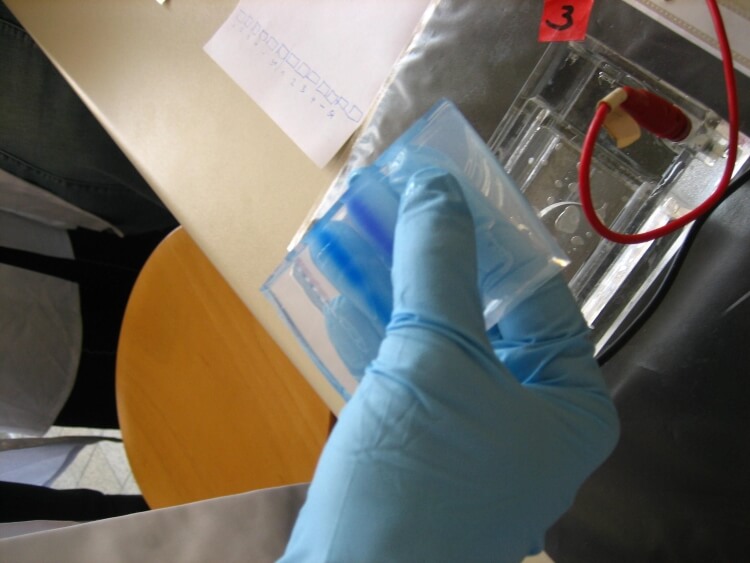3h
Rat HSD11b2(11-Beta-Hydroxysteroid Dehydrogenase Type 2) ELISA Kit
Rat HSD11b2(11-Beta-Hydroxysteroid Dehydrogenase Type 2) ELISA Kit
50ng/mL
Sandwich
0.30ng/mL
0.781-50ng/mL
Enzyme & Kinase;
Rattus norvegicus
ELISA Enzyme-linked immunosorbent assays Code 90320007 SNOMED
E05 478 566 350 170 or Enzyme-Linked Immunosorbent Assays,E05 478 566 350 170 or Enzyme-Linked Immunosorbent Assays
AME; AME1; HSD11K; HSD2; SDR9C3; Short Chain Dehydrogenase/Reductase Family 9C,Member 3; NAD-dependent 11-beta-hydroxysteroid dehydrogenase
Rats are used to make rat monoclonal anti mouse antibodies. There are less rat- than mouse clones however. Rats genes from rodents of the genus Rattus norvegicus are often studied in vivo as a model of human genes in Sprague-Dawley or Wistar rats.
The test principle applied in this kit is Sandwich enzyme immunoassay. The microtiter plate provided in this kit has been pre-coated with an antibody specific to 11-Beta-Hydroxysteroid Dehydrogenase Type 2 (HSD11β2). Standards or samples are then added to the appropriate microtiter plate wells with a biotin-conjugated antibody specific to 11-Beta-Hydroxysteroid Dehydrogenase Type 2 (HSD11β2). Next, Avidin conjugated to Horseradish Peroxidase (HRP) is added to each microplate well and incubated. After TMB substrate solution is added, only those wells that contain 11-Beta-Hydroxysteroid Dehydrogenase Type 2 (HSD11β2), biotin-conjugated antibody and enzyme-conjugated Avidin will exhibit a change in color. The enzyme-substrate reaction is terminated by the addition of sulphuric acid solution and the color change is measured spectrophotometrically at a wavelength of 450nm ± 10nm. The concentration of 11-Beta-Hydroxysteroid Dehydrogenase Type 2 (HSD11β2) in the samples is then determined by comparing the O.D. of the samples to the standard curve.
